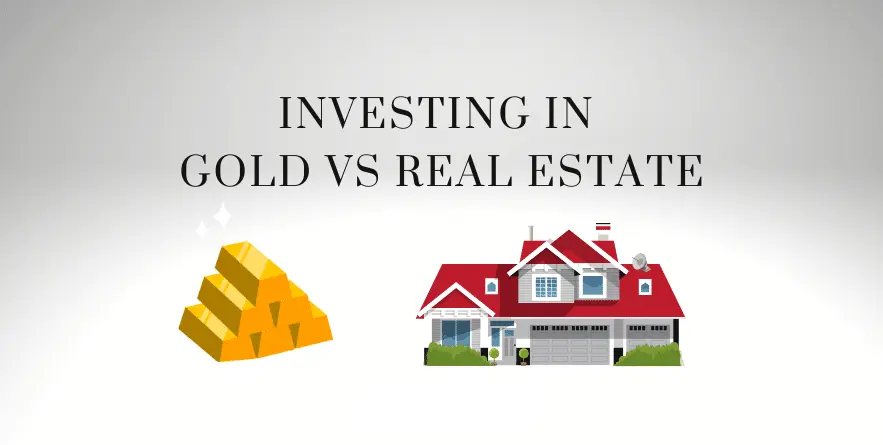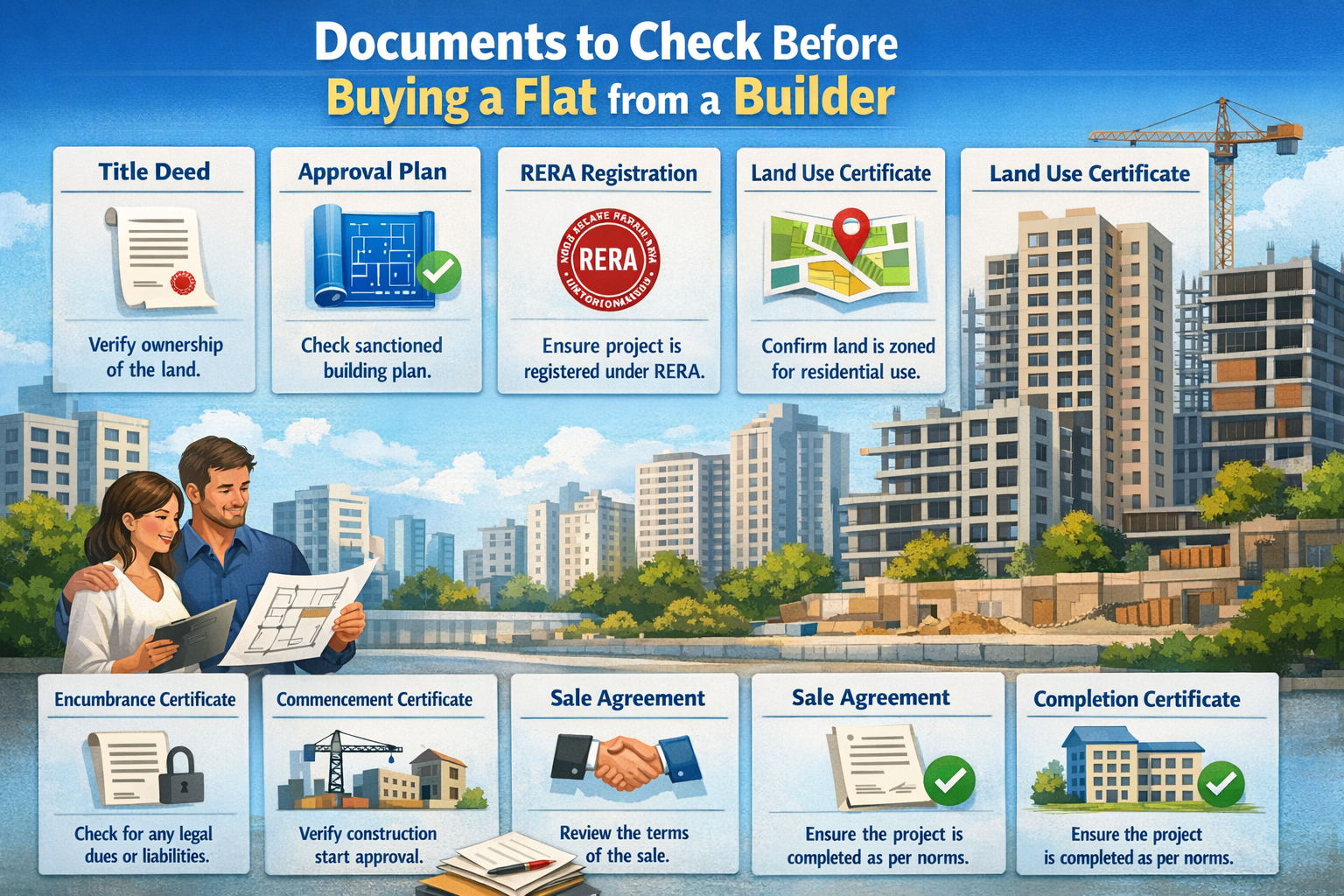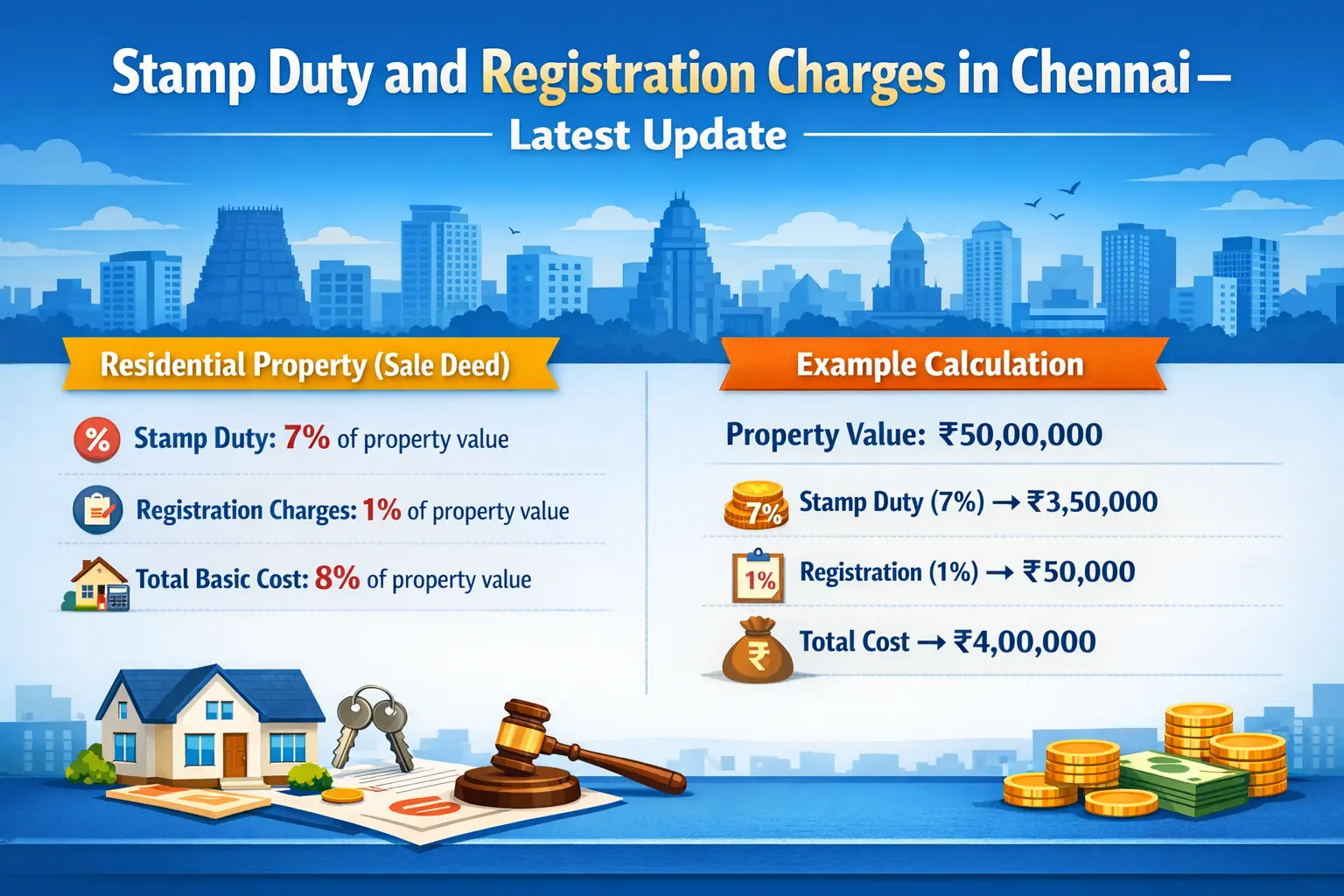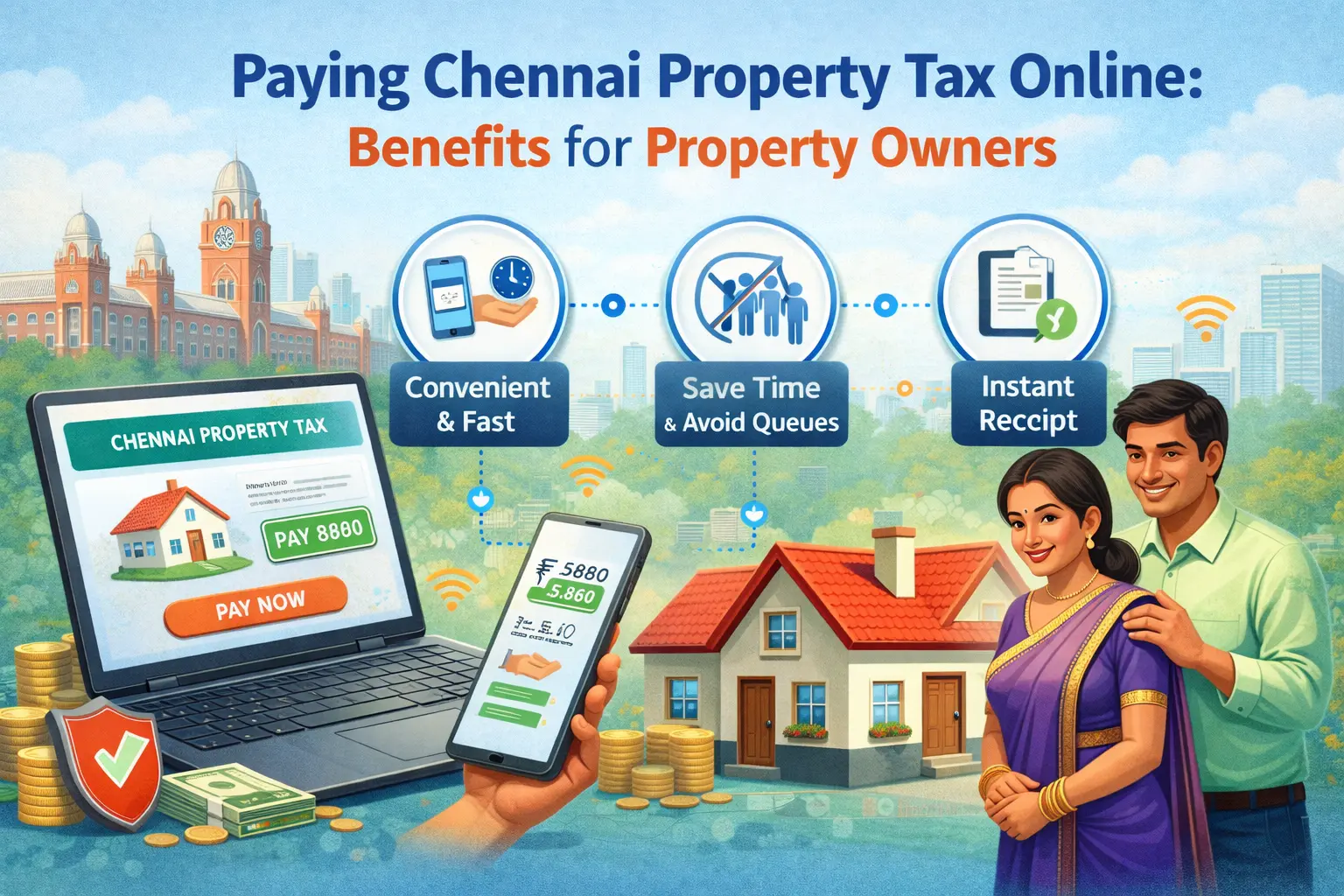For centuries, gold has been the go-to investment for Indians and investors worldwide. It symbolized stability, wealth preservation, and security during uncertain times. But in today’s digital age, investment landscapes are transforming. Now, we’re witnessing a new era where property tokens are becoming the “digital gold” of real estate investing. Let’s explore how this evolution is changing the way people invest in properties — and why it’s gaining so much attention.
The Shift from Traditional Assets to Digital Investments
Investors have always looked for assets that combine security, liquidity, and returns. Traditionally, real estate was considered one of the safest long-term investments, but it came with challenges — high entry costs, low liquidity, and complex documentation. Similarly, while gold was easier to buy and sell, it didn’t generate income.
The modern investor now demands more flexibility and accessibility, and that’s where property tokenization enters the picture. It merges the reliability of real estate with the convenience of digital assets.
What Are Property Tokens?
Property tokens represent fractional ownership of real estate assets through blockchain technology. Instead of buying an entire property, investors can purchase digital tokens that correspond to a small share of the property’s value.
These tokens are stored on a blockchain, ensuring transparency, security, and traceability. The blockchain acts as a digital ledger, recording every transaction, making it impossible to alter or manipulate ownership records.
For example, if a commercial building worth ?10 crore is tokenized into 10,000 tokens, each token could represent ?10,000 worth of ownership. This makes real estate investing accessible even to small investors who could not afford an entire property.
How Property Tokenization Works
Property Selection and Valuation:
A property is chosen — residential, commercial, or mixed-use — and professionally valued to determine its total worth.
- Creation of Tokens:
The total value of the property is divided into multiple digital tokens using blockchain smart contracts. Each token carries a defined ownership share.
- Investor Purchase:
Investors buy these tokens using fiat currency or cryptocurrency. Once purchased, their ownership is recorded securely on the blockchain.
- Earnings and Returns:
Investors can earn rental income, capital appreciation, or both, depending on the project. Income is distributed in proportion to the number of tokens held.
- Resale and Liquidity:
Token holders can sell their tokens on digital exchanges or secondary markets, providing liquidity — something traditional real estate often lacks.
Why Property Tokens Are Transforming Real Estate Investment
1. Lower Entry Barriers
Property tokenization eliminates the need for large capital investments. Anyone can start investing in high-value real estate with small amounts — similar to how mutual funds allow small-scale stock investments.
2. Higher Liquidity
Unlike traditional property, which can take months to sell, tokens can be traded quickly on digital platforms. This makes real estate investments more flexible and liquid.
3. Transparency and Security
Blockchain technology ensures every transaction is verifiable. Ownership records cannot be manipulated, reducing fraud and title disputes.
4. Global Access
Investors from anywhere in the world can invest in properties across borders without the need for intermediaries or complex paperwork.
5. Fractional Ownership Benefits
Tokenization allows multiple investors to co-own a single property, sharing both profits and risks proportionately.
6. Smart Contracts Automation
Smart contracts handle income distribution, transaction verification, and ownership transfer automatically, reducing the need for manual processes or third parties.
Also Read: Investing in real estate
Comparing Gold and Property Tokens
Factor Gold Property Token
Nature Physical Digital
Income Generation No Yes ( rental yield)
Liquidity High High ( via blockechain exchange )
Investment Entry Cost Moderate Very Low ( fractional )
Transparency Medium Very High
Volatility Stable Moderate ( based on real estate value )
Real-World Applications and Examples
Property tokenization isn’t just a concept anymore — it’s becoming a global practice.
- Commercial real estate: Office spaces, shopping malls, and warehouses are being tokenized, allowing small investors to participate in large projects.
- Luxury properties: Developers use tokens to sell shares in villas or resorts, making luxury assets accessible to mid-range investors.
- Rental income models: Investors receive monthly or quarterly payouts based on property earnings directly through blockchain systems.
In India and other emerging markets, regulators are slowly exploring how to integrate blockchain-based property ownership while maintaining compliance with local property and financial laws.
Challenges and Risks to Consider
While the concept is revolutionary, property tokenization still faces some hurdles:
- Regulatory uncertainty: Legal frameworks for blockchain-based property ownership are still developing.
- Market acceptance: Many traditional investors are unfamiliar with the technology.
- Platform reliability: Tokenization platforms must ensure security, compliance, and transparency.
- Valuation and liquidity risks: Market conditions can affect property value and token resale prices.
As the technology matures, these challenges are expected to reduce, especially with government recognition of digital asset regulations.
The Future of Real Estate Investing
The shift from gold to property tokens represents a paradigm change in how wealth is built and diversified. Real estate tokenization combines the tangible value of property with the flexibility of digital finance.
It paves the way for a world where:
- Anyone can own a piece of premium property.
- Transactions are instant, secure, and transparent.
- Real estate becomes as tradable as stocks or mutual funds.
Just as digital gold made it easier to invest in gold without physical storage, property tokens are democratizing real estate ownership — turning a once exclusive asset class into an open and inclusive investment opportunity.
Conclusion
The evolution from gold to property tokens reflects how technology is reshaping investment behavior. Tokenized real estate blends trust, accessibility, and innovation, offering a smarter way to participate in the property market. In the near future, property tokenization could become a mainstream investment route — bridging the gap between traditional real estate and the digital economy, while giving every investor, big or small, a fair chance to build wealth through property.
https://www.livehomes.in/blogs













